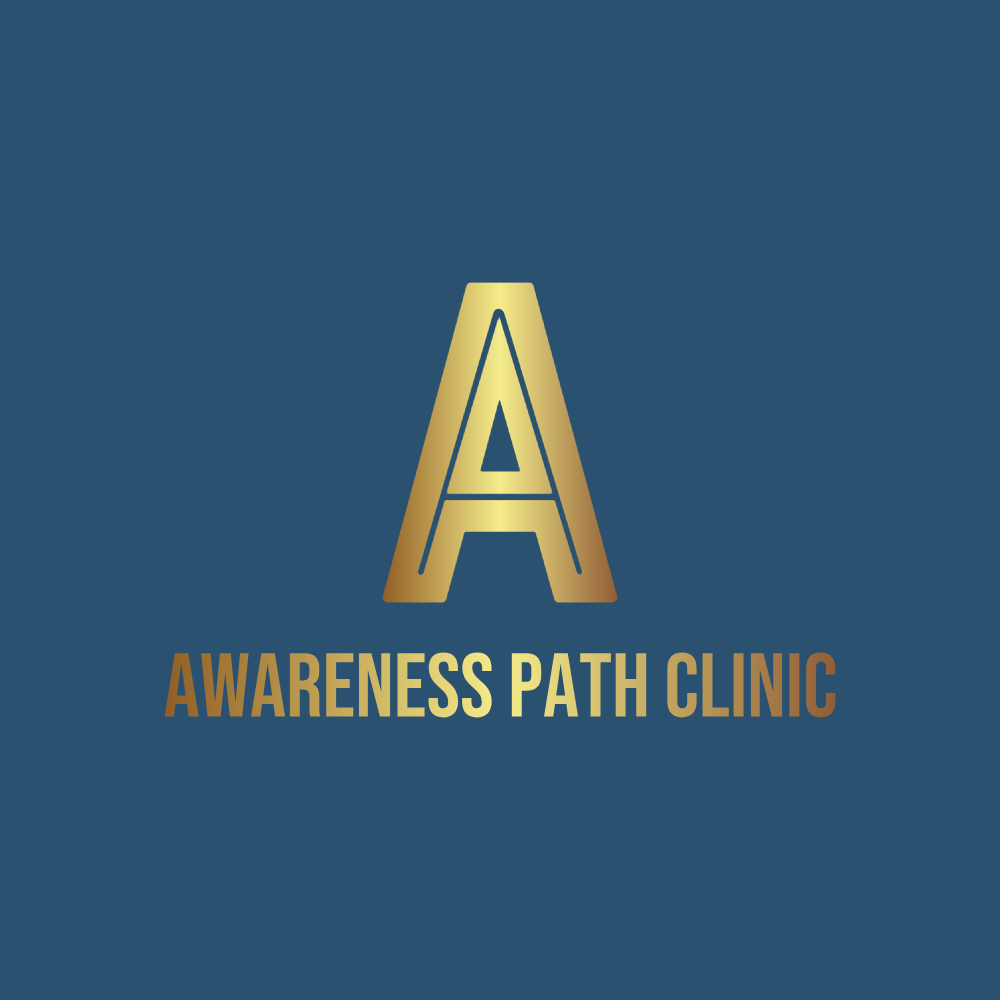Mood Disorders and Their Treatments: Insights from RANZCP Guidelines
Mood disorders are a group of mental health conditions that significantly impact an individual’s emotional state, daily functioning, and overall well-being. According to the Royal Australian and New Zealand College of Psychiatrists (RANZCP), early diagnosis, comprehensive assessment, and evidence-based treatment are essential for effective management. This article outlines the key mood disorders and their recommended treatments based on the RANZCP guidelines.
Understanding Mood Disorders
Mood disorders encompass a spectrum of conditions characterized by disturbances in mood, ranging from prolonged sadness to extreme elation. The most common mood disorders include:
• Major Depressive Disorder (MDD)
• Bipolar Affective Disorder
• Persistent Depressive Disorder (Dysthymia)
• Cyclothymic Disorder
1. Major Depressive Disorder (MDD)
Symptoms: Persistent sadness, loss of interest, fatigue, and changes in sleep or appetite.
Treatment Options:
• Psychotherapy: Cognitive Behavioral Therapy (CBT), Interpersonal Therapy (IPT), and Behavioral Activation.
• Pharmacotherapy: SSRIs and SNRIs are first-line medications.
• Brain Stimulation Techniques: rTMS and ECT for treatment-resistant cases.
• Lifestyle Interventions: Sleep hygiene, physical activity, and nutritional support.
2. Bipolar Affective Disorder
Symptoms: Cycles of depressive episodes and manic or hypomanic episodes.
Treatment Options:
• Mood Stabilizers: Lithium, valproate, lamotrigine.
• Antipsychotics: Quetiapine, olanzapine.
• Psychological Therapies: Psychoeducation, CBT, family-focused therapy.
• Lifestyle Modifications: Regular routines, stress management.
3. Persistent Depressive Disorder (Dysthymia)
Symptoms: Chronic, low-grade depression lasting for two years or more.
Treatment Options:
• Psychotherapy: CBT and ACT.
• Medication: SSRIs or SNRIs.
• Combined Treatment: Medication and therapy together.
4. Cyclothymic Disorder
Symptoms: Chronic mood fluctuations with hypomanic and depressive symptoms.
Treatment Options:
• Psychotherapy: CBT for mood regulation.
• Mood Stabilizers: Lithium or lamotrigine.
• Psychoeducation: Educating patients and families.
General Principles for Managing Mood Disorders
• Comprehensive Assessment: Includes psychiatric, medical, and psychosocial evaluation.
• Individualized Treatment Plans: Tailored based on symptoms, preferences, and response.
• Collaborative Care: Involves GPs, psychologists, and psychiatrists.
• Monitoring and Follow-Up: Ongoing assessment for symptoms and medication effects.
• Education and Empowerment: Providing evidence-based information.
The Role of Brain Stimulation Therapies
• rTMS: Non-invasive for depression.
• ECT: Effective for severe depression, especially with psychotic features.
Conclusion
Mood disorders can significantly impact life, but effective treatments guided by the RANZCP can help. A combination of biological, psychological, and social interventions, personalized for the patient, offers the best outcomes. At Awareness Path Clinic, we follow these evidence-based guidelines to provide compassionate care, fostering hope, resilience, and well-being for all patients





No comment